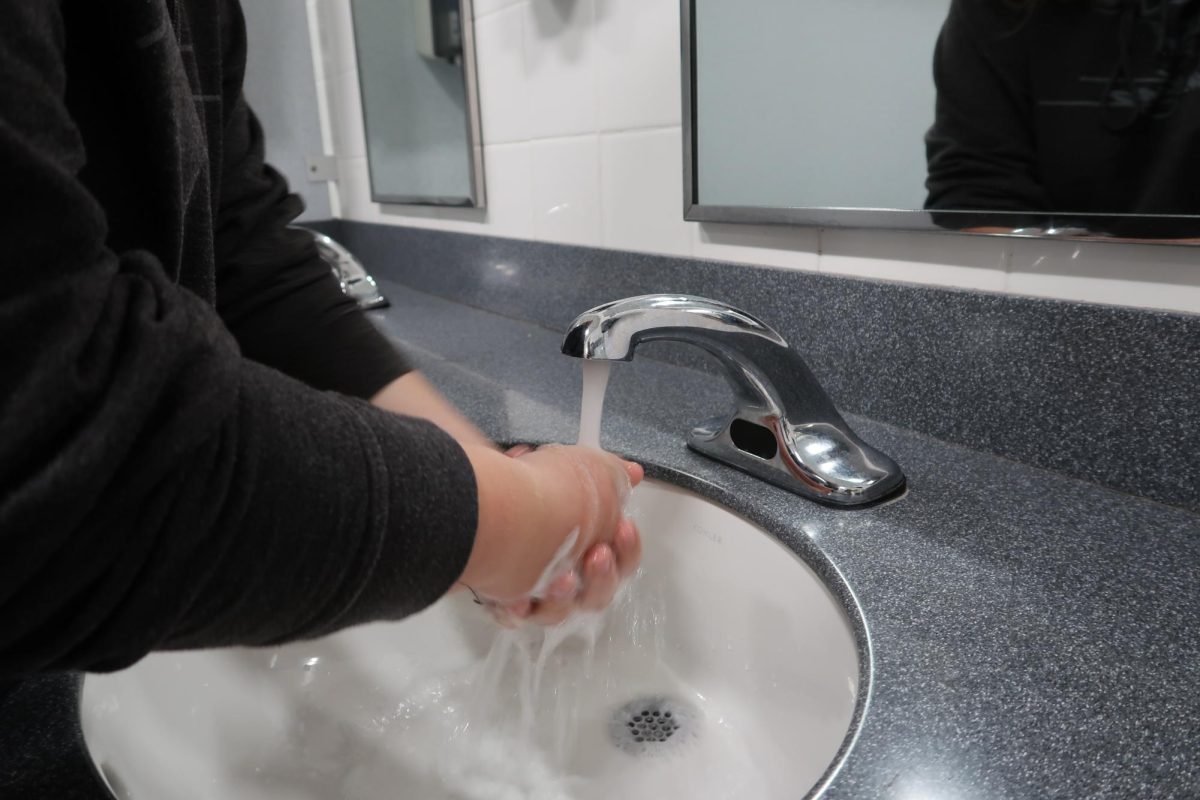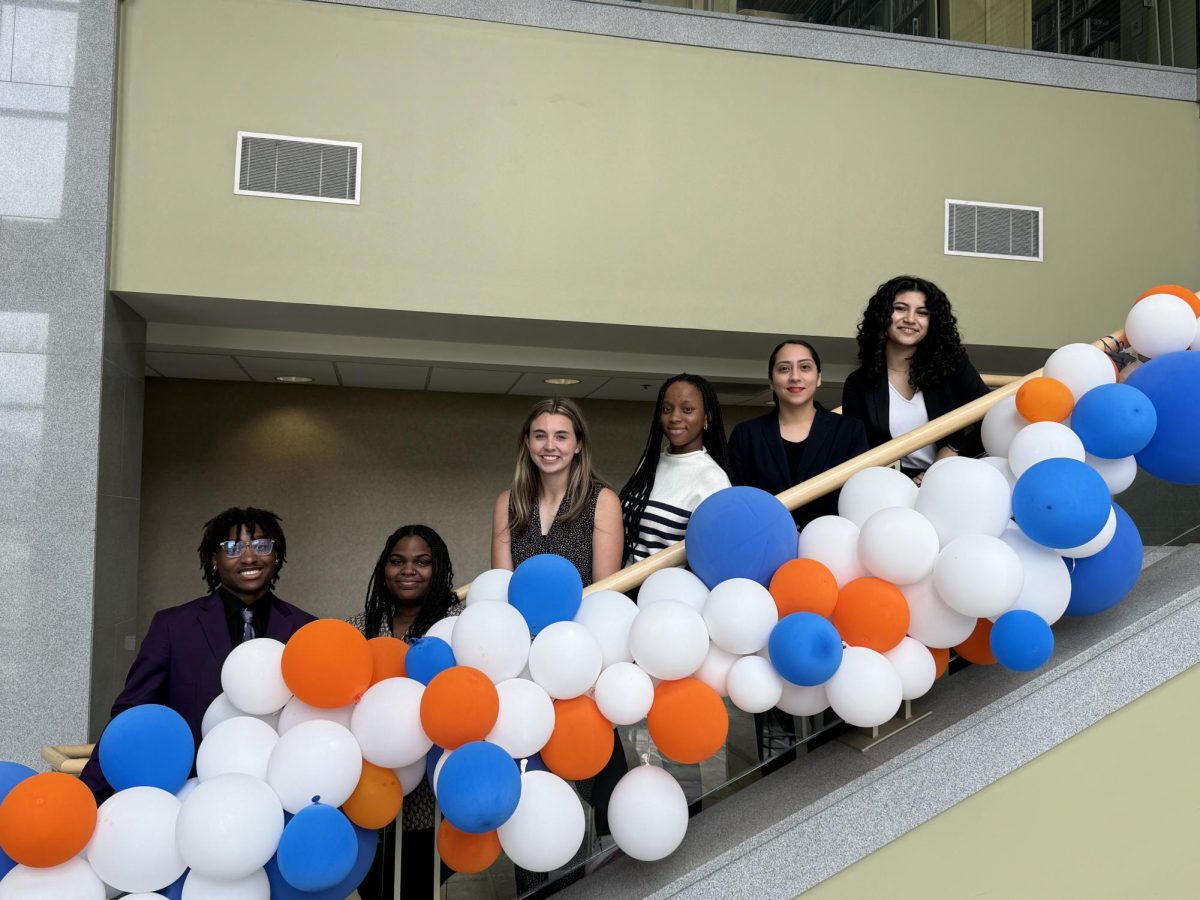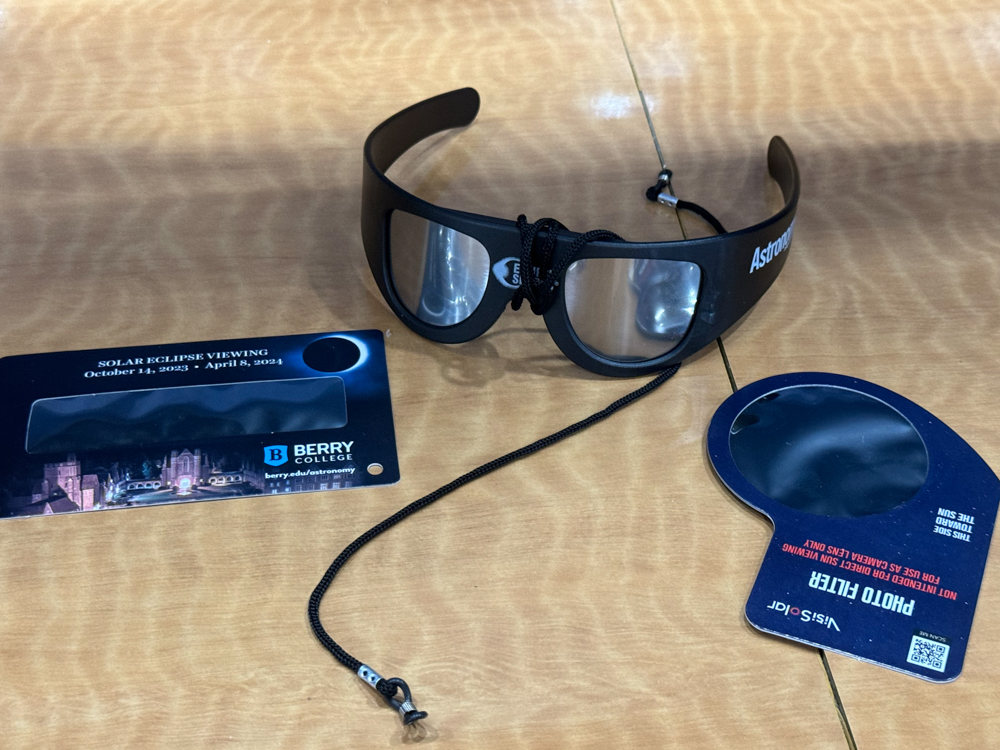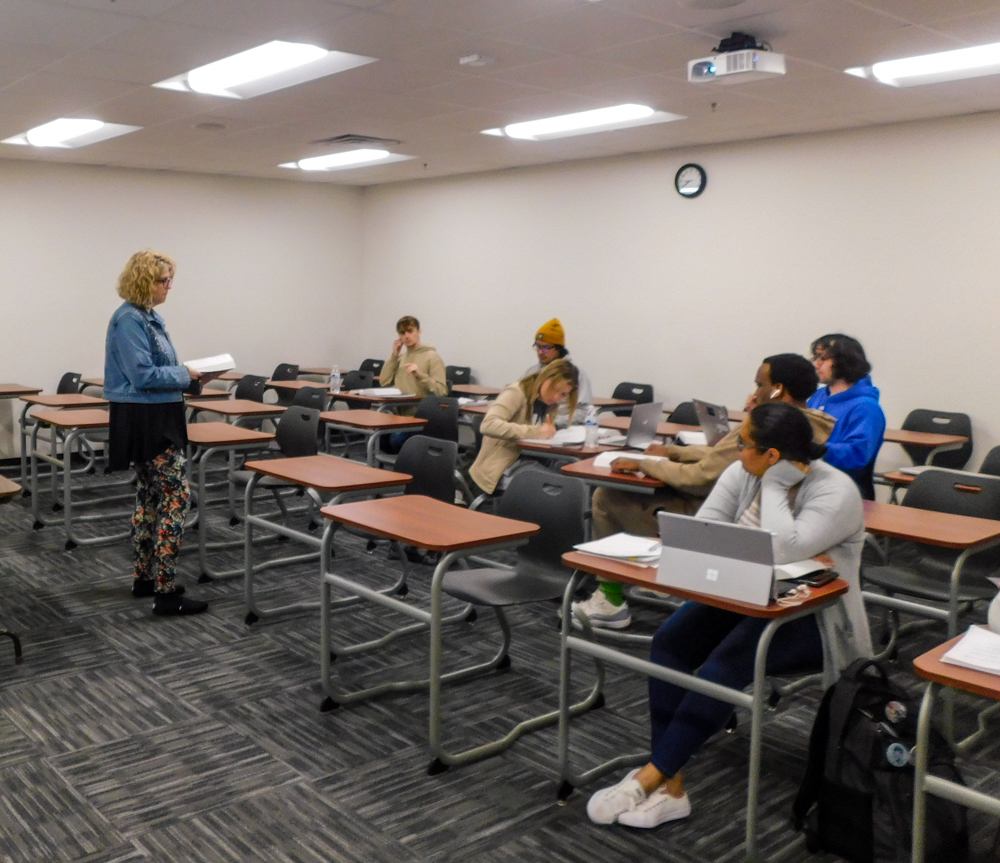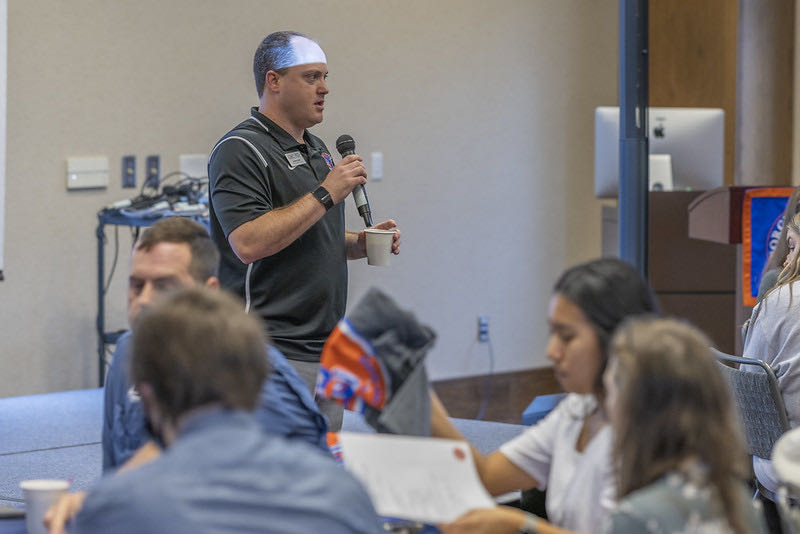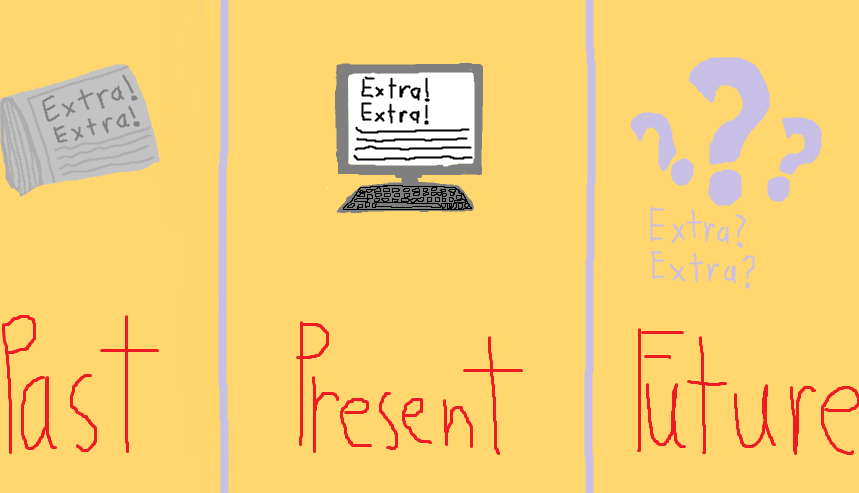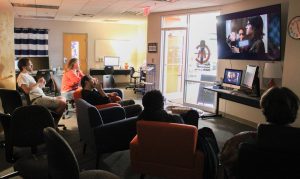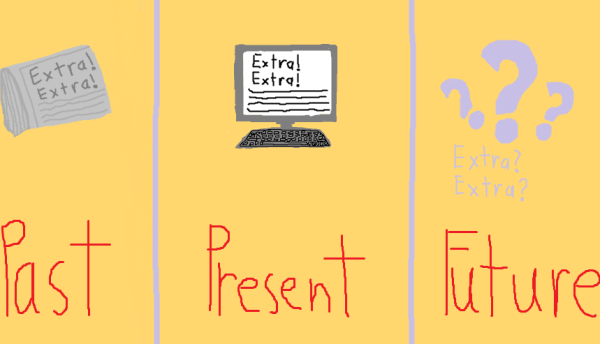Which exam is better: online or in-person?
November 7, 2022
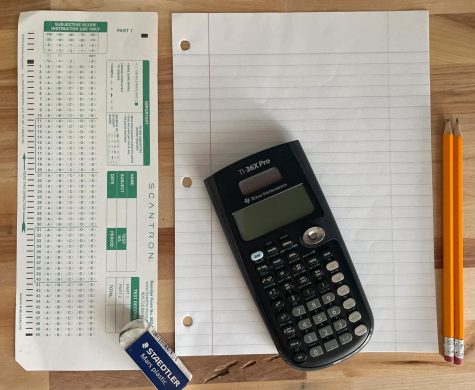
In-person
By Alexis Hall
Since the introduction of COVID-19, online exams have begun their rise. However, can online exams really compare to its predecessor, the in-person exam?
Personally, I prefer in-person exams. It is much easier to focus in a testing environment with no issues with technology or question comprehension, and academic integrity is easier to uphold.
Imagine taking a three-hour exam, like the AP exam, at home. This was done before and it definitely paled in comparison to the real thing. I couldn’t focus and almost ran out of time. At home, the adrenaline rush is almost non-existent. Distractions are everywhere and students can easily lose their train of thought.
Students like me with attention and procrastination issues have an even harder time focusing on a boring exam while at home. also the question of technological issues or internet access. Do all students have internet access or a device that can run an online exam program at home? Yes, the school may be able to provide those things, but who will fund them?
In the instance where the student does have access, there is a plethora of problems that may arise before or during the exam. While in-person exams have someone on hand to assist them, a student at home is stranded for a period of time until someone can help remotely.
Another issue is that sometimes the wording of a question can throw me off. In-person, a simple hand raise and “Hey, what does this mean?” can solve this issue. Online, the student just has to roll with it and hope their interpretation of the question is correct.
Just like there is nothing stopping a student from having a movie on in the background, there is nothing stopping online exam takers from using their phones or notes during the exam.
During an in-person exam, teachers usually ask students to put all of their resources away to accurately test their understanding of the material, as their brains should be the only resource used. I have been homeschooled online and I can vouch that there is definitely the temptation to cheat when there is nothing stopping you. Who would even know if they didn’t know your actual performance on the subject?
As a student on track to becoming a teacher, I will always align with in-person exams. Tests are supposed to be a reference for both students and teachers to track their understanding of topics covered in class. The only way for this to be accurate is to remove distractions and the use of resources. It is a system that has worked for decades and if it isn’t broken, don’t fix it.
Online
By Patrick Daniel
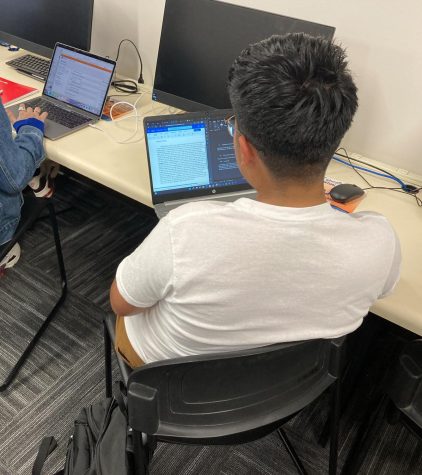
There have been debates about whether taking in-person or online exams are better since their rise during the Covid-19 pandemic.
I much prefer online testing. For me, there is less stress involved in the process of taking an exam online. Online testing in my own home is way more relaxing than in-person testing in a classroom. Teachers can’t look over my shoulder when I take tests at home.
One question that is commonly asked regarding the disadvantages of online testing is “What if the technology doesn’t work at the time of the test?” Most technology does not randomly stop working. If it does, there are people who specialize in fixing technology and they will fix any issues.
Online tests can also be taken at any time. If it was assigned on a Monday and then it’s due on a Saturday, the test could be taken at any time during the week.
Some GHC students such as Billy Velasquez, feel the same as I do. “I prefer online testing, as it is easier to concentrate,” Velasquez said.
When I am at home with more concentration time, I can reread the questions to ensure that I am actually understanding the intended meaning of the question.
During an in-person test, other students in the classroom could interrupt concentration. Online testing does not have that problem.
While people might say that there are more distractions, I believe that certain limits on online tests, like time and number of attempts, help with distractions. The allowed number of attempts makes me think that there are only a few chances left, so I need to read the questions carefully.
GHC Director of the Center for Teaching and Learning, Josie Bauier, said, “Limits like time will help with distractions.”
When I see the time for the exam counting down, it forces me to focus my attention on the task at hand to guarantee that I finish.
With online testing, I never worry about pencils breaking during the middle of the test. The only worry with online testing is the battery life of the device that is being used. What if the device is in danger of running out of battery? However, a simple solution to that is to keep the device charged. Have a charger on you at all times and make sure you’re near an accessible electrical outlet.
Online testing, I find, is the preferred option over in-person. For me, it is more relaxing and less distracting. I can adjust my surroundings, such as lighting and temperature, to my liking and there aren’t any extra noises or movements to cause distractions.

